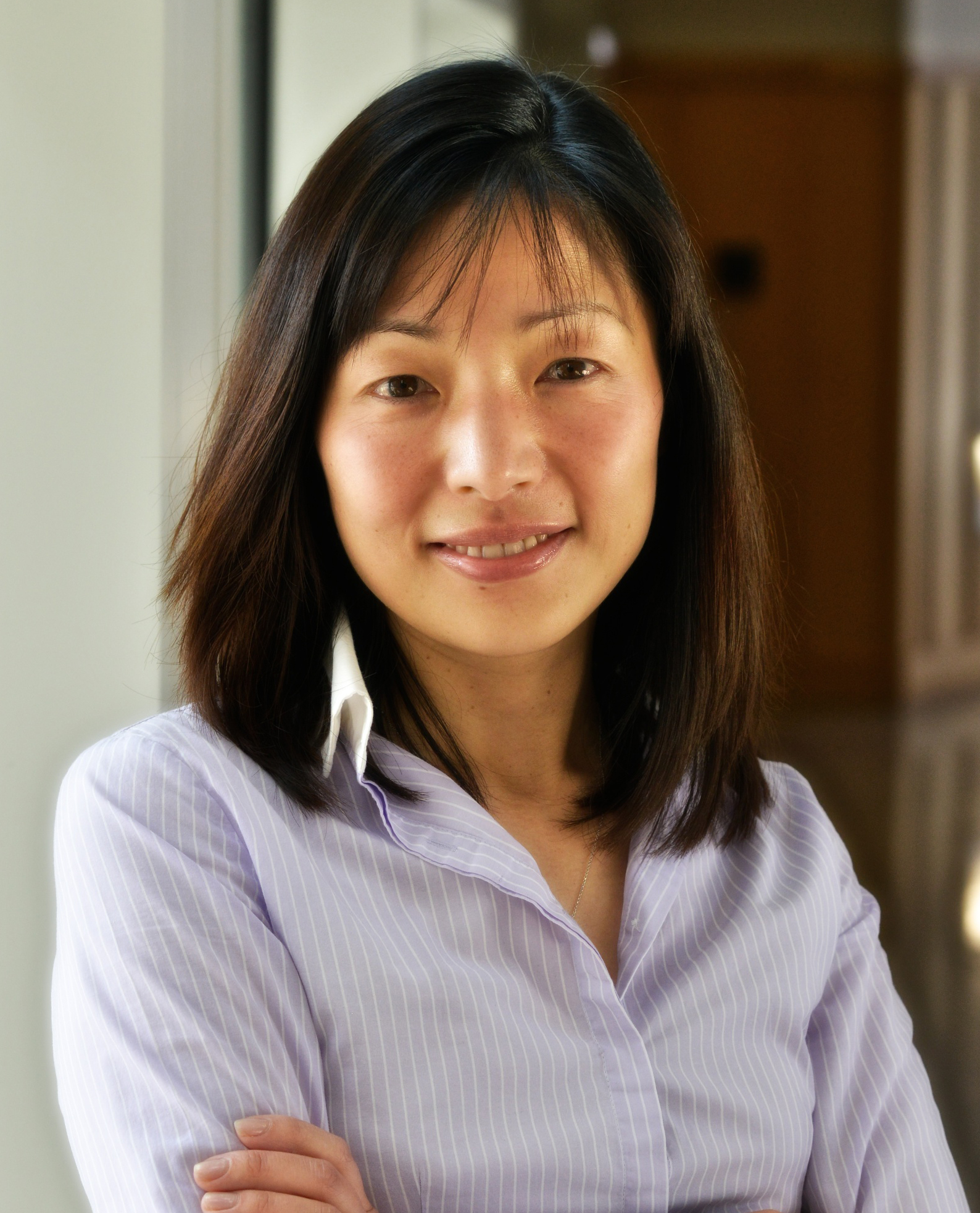At the forefront of SARS-CoV-2 and COVID-19 research

Caption: Dr. Akiko Iwasaki. Photo by Kike Calvo/AP Images for HHMI.
JCC Board of Scientific Advisors member Dr. Akiko Iwasaki is one scientist at the forefront of SARS-CoV-2 and COVID-19 research. As a professor of molecular cellular and developmental biology and a Howard Hughes Medical Institute investigator at Yale University, Iwasaki’s research addresses mechanisms of innate recognition of viruses and initiation of antiviral immunity, particularly at mucosal surfaces where infection is likely to occur. She has worked on Zika, herpes, influenza, among many other viruses — including SARS-CoV-2.
As of June 2020, Iwasaki has published four peer-reviewed papers and nine preprints on SARS-CoV-2. In one preprint posted on medRxiv, Iwasaki and her colleagues examined sex differences in immune response to SARS-CoV-2. In the study, they looked at blood and plasma from hospital patients and found that men and women do have different immune responses. They discovered that men tend to have stronger inflammatory cytokine responses leading to worse disease progression, whereas women tend to have better production of T-cells, which identify and kill virus-infected cells – and this is true even for older women.
“Our findings,” Iwasaki says, “tell us that we should be treating men and women differently.” For example, women who develop unusually strong cytokine responses could be treated with cytokine blockers, allowing their natural T-cell response to work against the disease. Men, on the other hand, need treatments that enhance their T-cell response. According to Iwasaki, this study highlights the importance of considering sex as a determinant of various infectious disease and how that could lead to improved patient regimens based on sex differences.
One challenge in SARS-CoV-2 and COVID-19 vaccine and therapeutic studies is the fact that conventional lab mice are not susceptible to this particular infection and therefore are not useful in such trials. In an article posted to the preprint server bioRxiv, Iwasaki and her colleagues reported on the development of a mouse model of SARS-CoV-2 that supports viral replication and antibody production. It also exhibits pathologic findings found in human COVID-19 patients. This makes the mouse model “a much-needed platform for rapidly testing prophylactic and therapeutic strategies to combat COVID-19,” Iwasaki and her colleagues wrote.
Iwasaki and her colleague Nathan Grubaugh also published a commentary in EMBO Molecular Medicine exploring why Japan has had so few cases of COVID-19 despite early exposure, its dense and aging population, and little social distancing measures. Possible reasons they suggest for future studies include: Japanese culture is suited for social distancing, Japanese people have lower susceptibility due to unique molecular traits, and high rates of tuberculosis vaccination, which might confer some immunity.
In another medRxiv study that Iwasaki coauthored, a case of second trimester pregnancy with symptomatic Covid-19 complicated by severe preeclampsia and placental abruption was presented. The case demonstrated for the first time that SARS-CoV-2 could invade the placenta and potentially cause severe morbidity among pregnant women with COVID-19.
In an April 2020 EMBO Molecular Medicine interview, Iwasaki was asked about vaccine development. She said, “It is difficult to know what the most promising approaches are yet. The problem is that we really don’t know the ideal immune response that would confer best protective response against SARS‐CoV‐2 and how best to achieve it.”
Asked about natural population and herd immunity, she added, “It is too early to know whether naturally acquired immune response to COVID‐19 is sufficient to prevent future infection with the same virus and for how long. Relying on natural infection to build up herd immunity is very dangerous, and the risk of even ‘low‐risk’ individuals becoming critically ill and dying is too high to implement such a strategy.”
Akiko Iwasaki received her Ph.D. from the University of Toronto (Canada) in 1998, and her postdoctoral training from the National Institutes of Health (USA) (1998-2000). She joined Yale University (USA) as a faculty in 2000, and currently is the Waldemar Von Zedtwitz Professor of Department of Immunobiology, and of Department of Molecular Cellular and Developmental Biology.